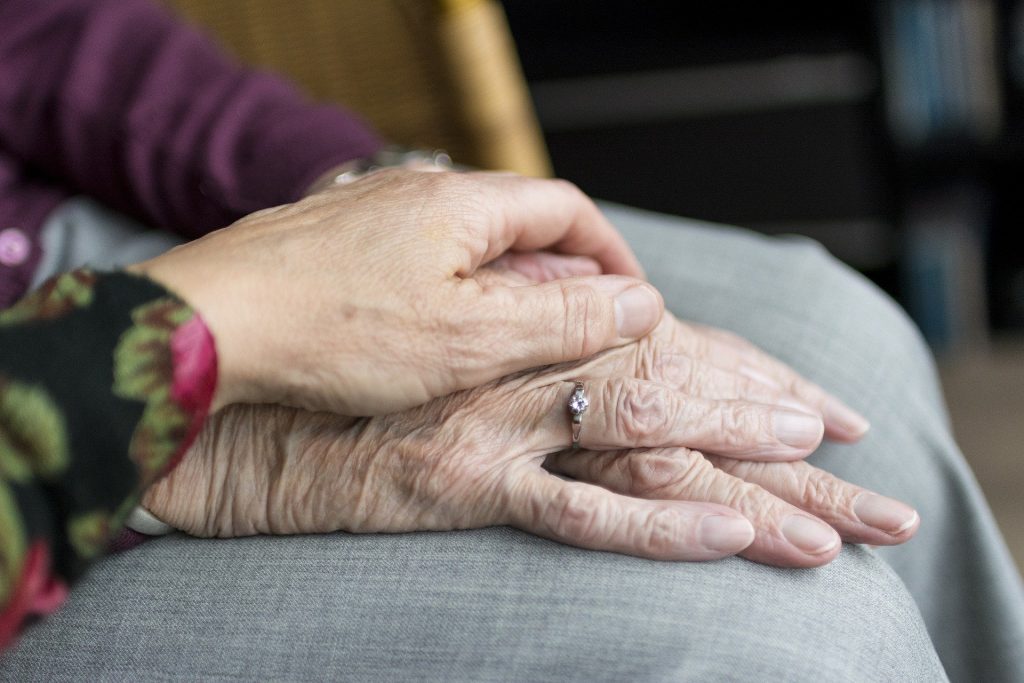As Poslovni Dnevnik writes, small pensions and long waiting lists for Croatian care homes have long since been an uncomfortable reality in this country, and a team from HRT was in Zagreb’s largest home on Tresnjevka to investigate the situation further, bringing you the experiences of some of the users and residents.
”We’ve been here for a year and a half, and how long did we wait? Fifteen years. We applied to this care home and then every year we reported that we were still here, that we were alive, but that we weren’t willing to be put into a home until the situation arose that we absolutely needed to,” said Bozica and Slavko, a married couple.
”I’ve been in this care home for three and a half years now, but I waited eleven years for a place,” added Stefica Lovrecic.
On average, people wait up to fifteen years for a place in a Croatian care home such as this Zagreb one, and many don’t ever manage to get in. Fifteen thousand people are currently on the waiting list for this care home in Zagreb, and Croatia has too few accommodation capacities of this sort in general.
For example, according to the European average, five percent of people over the age of 65 have a secured place in a home – here in Croatia, this number stands at only two percent. There are currently eleven city care homes in Zagreb, 26 family homes and 25 private homes, and they are all completely full.
”Everyone who has the intention of going to a home can submit their applications to all the homes when they turn 65, so that list isn’t a true picture of the situation, and when a situation arises, let’s say someone has a really great need to be in a care home, and has been applying for a couple of years, then we do find a solution for their accommodation in one,” said Djurdja Novakovic
”The total capacity of all of the care homes is 6,381 users in the area of the City of Zagreb, of which 63 percent of those residents are housed in our city homes, or more precisely 4,021 users are housed in city homes,” said the head of the Office for Social Protection, Health, Veterans and Persons with Disabilities of the City of Zagreb, Romana Galic, PhD.
In the Zagreb care homes, the price of accommodation ranges from 1,750 kuna to 7,500 kuna per month, and those amounts are now expected to grow up to twenty percent.
”For now, everything is fine, but if the price goes up a lot, it will be a little more difficult for people, my pension doesn’t cover this and my children help me,” said Milka Grajner, who is currently 82 years old.
”I believe that the government, like any other normal government, will protect us,” said Mladen Belicza, 80 years old.
Waiting lists and the prices of Croatian care homes
Pavo Corluka from the Croatian Association of Employers said that he doesn’t consider waiting lists in retirement homes to be all too serious. He’s interested in how many users who need what’s known as the fourth level of service are accommodated in these homes, and these are immobile people who need round-the-clock care. He stated that this would actually be a realistic waiting list.
The Croatian Association of Employers has been advocating for the categorisation of the system so that people who are really in need are provided with accommodation as quickly as possible, explained Corluka, adding that doesn’t see the price of 1,750 kuna for accommodation in a care home as realistic, while 7,000 kuna would be approximately right. He claimed that the financing of public homes across Croatia hasn’t been resolved correctly.
”They’re financed by the country’s taxpayers, and on the other hand, cheap accommodation is given to people who can pay for it themselves,” said Corluka, pointing out that the problem of the labour shortage has not yet been taken seriously in this sector, either.
”First and foremost I’m thinking of the medical staff when I talk about this, and we’re lacking in this regard when it comes to social care. It’s the last activity in which people want to work in their country,” he said, adding that we must turn to importing labour if we’re to keep our heads above water in this sector, as well.
For more, make sure to check out our dedicated lifestyle section.











